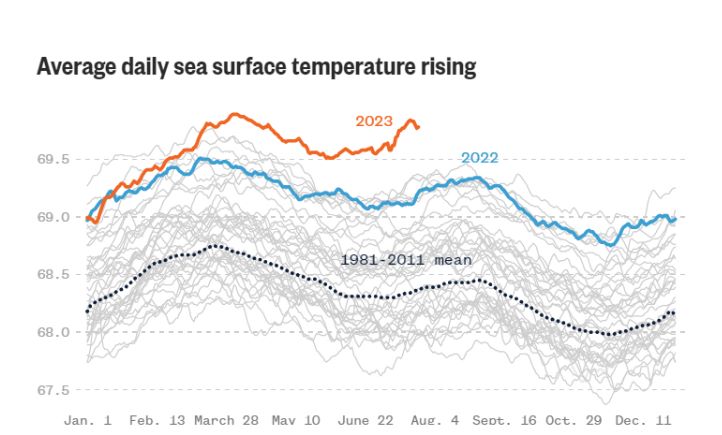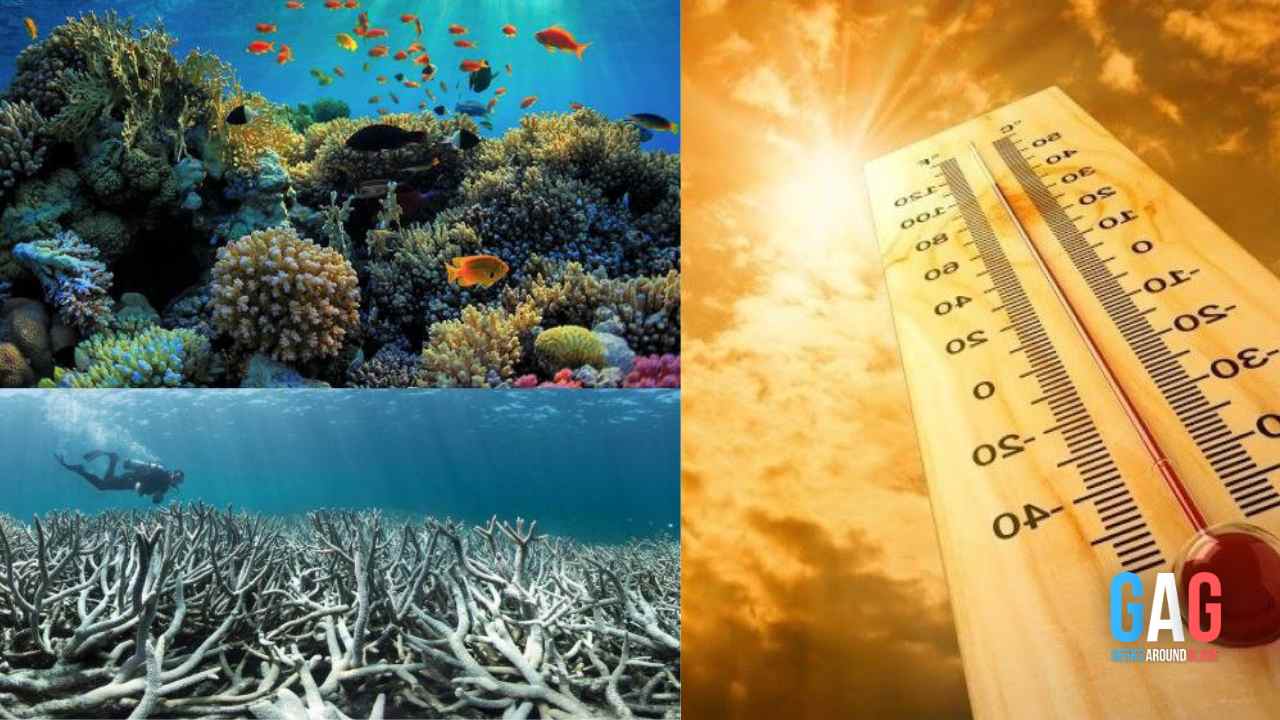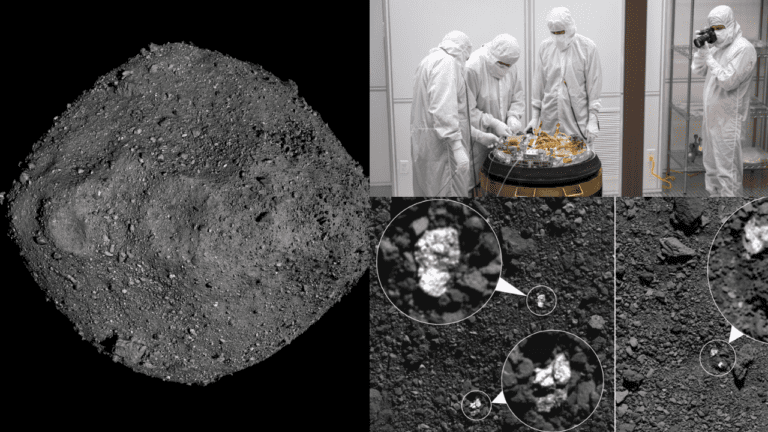Extreme heat conditions are having many adverse effects globally. But the effects of a record-breaking rise in heat are not just felt by humans. The Ocean and the marine environment are also greatly threatened by the rise of heat. But it doesn’t just stop there! The terrifying consequences affect us humans and life on land as well.
Oceans across the world are experiencing heat rise now more than ever. The ocean waters off the Southern U.S., specially Florida is getting close to a heat wave emergency. EU’s climate change service Copernicus reported that the average daily global sea surface temperature has been at a record-breaking level this week. The temperature rose to 20.96C (69.73F).

Image Source: NBC News / NOAA via University of Maine’s Climate Reanalyzer
In July, water off South Florida recorded a temperature of 90F (32 Celsius). This extreme heat has already started bleaching coral reefs in many parts of the ocean. Coral bleaching is when the coral polyps release the symbiotic algae that live and nourish the coral. This causes the corals to shed their tissues and gradually die!
Devastating ocean warming impact on coral reefs
Coral reefs can tolerate heat stress up to a certain level just like us humans. But when the temperature goes up the corals reach a devastating state. Corals aren’t able to move towards cooler ocean waters as the temperature rises. A coral reef ecologist in the National Oceanic and Atmospheric Administration Ian Enochs is currently monitoring the coral reefs. Their observations say that they are identifying widespread bleaching of corals across the waters!
Ian also says how gut-wrenching it is to see even the ‘Cheeca Rocks’ reefs in the Florida Keys being subjected to the effects of bleaching. Cheeca Rocks is one of the most resilient coral reefs ever to be found. The University of Miami is moving multiple coral colonies to safer tanks. This can only save very few corals and cannot reverse the devastating impacts on ocean life.
“Cheeca Rocks is worse than I expected, 100% of corals are affected. Every. Single. One.” National Oceanic and Atmospheric Administration coral scientist Ian Enochs.
How ocean warming Impacts Humans and Life On Land
Healthy reefs support economies and food for millions of people. The vibrant ecosystem provides billions of dollars of income with fisheries and other economic activities. Tourists and locals often visit places like the Florida Keys for scuba diving, snorkeling and to experience the reefs. Therefore, even tourism is under threat!
The Coral reefs protect the coastlines as they buffer the waves. With damages to corals, shorelines will have to face some terrifying impacts. This requires immediate attention and if not our whole ecosystem will face some irreversible consequences.
How ocean warming impacts marine life
The temperature has an all-time high. Large parts of the Atlantic and eastern Pacific have bleaching alerts issued. The destruction of coral reefs due to heat has serious disadvantages for marine life.
25% of marine life depends on the coral reefs and they are key spots of biodiversity. Healthy reefs are key in supporting the feeding, habitat, spawning, and nurturing of over 1 million marine species. All of the species are at significant risk with the troubled coral reefs.
Conclusion
Extreme heat conditions are having many adverse effects globally. But the effects of a record-breaking rise in heat are not just felt by humans. The Ocean and the marine environment are also greatly threatened by the rise of heat. This extreme heat has already started bleaching coral reefs in many parts of the ocean. Terrifyingly, it impacts marine life and the life on land as well.
Also read,







![Natalia Kalinska revealed The 06 Most USEFUL Canva Apps That she uses as a content creator everyday. [Video Tutorial]](https://geeksaroundglobe.com/wp-content/uploads/2024/04/06-Best-Canva-Apps-For-Creators-768x432.png)